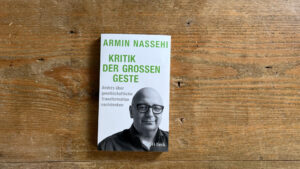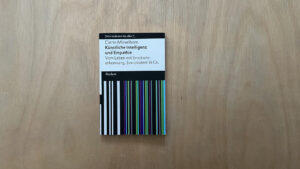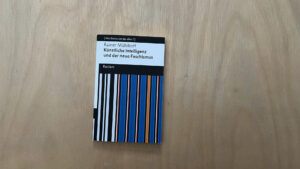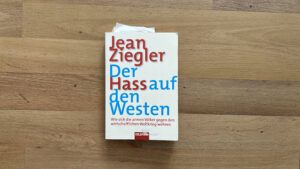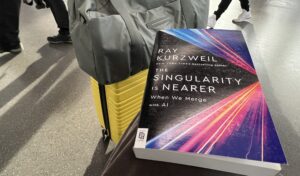 This week’s issue of themashazine’s Trust Digest covers Chris Brogan’s (“Trust Agents”) initiative on socially responsible bookmarketing, News Corp’s homogenisation tendencies, russian startups and the publication of the “Spambook” with the promising subtitle “On Viruses, Porn and Other Anomalies From the Dark Side of Digital Culture”.
This week’s issue of themashazine’s Trust Digest covers Chris Brogan’s (“Trust Agents”) initiative on socially responsible bookmarketing, News Corp’s homogenisation tendencies, russian startups and the publication of the “Spambook” with the promising subtitle “On Viruses, Porn and Other Anomalies From the Dark Side of Digital Culture”.
(Never Trust a Hippy is by NOFX)
Responsible Bookmarketing
Chris Brogan, author of Trust Agents, asks for Ideas for socially responsible bookmarketing:
- Ideas for Trading Multiple Copies of Trust Agents for Social Good
- If a corporate sponsor bought 300 copies of Trust Agents, I’d donate 5 hours to a nonprofit of their choice, helping with social strategy, promotion, blogging, etc.
- What if I offered to pay $50 to a charity/cause for every 10 copies of Trust Agents an individual bought (up to 10)? (That way, it’s within reach of an individual to make a difference).
- What if, for every 10 copies an individual buys, I donate 1 book to a local library?
- and your ideas will go here.
News Corp starts News Core
News Corporation is launching a global service that will make all its news stories and videos instantly available to its entire network of TV, print and online news outlets.
A move towards research, networked fact checking and journalistic quality?
Or is it just another step towards the total uniform media? News Corp does not comment yet.
Russian Startups face trust issues
Startupschool publishes a great post on russian startups. The biggest challenges they face are, besides lack of experience and language skills, trust problems: Users dont trust online shops, they don’t trust online payments and they don#t even trust offline shipping services. That’s a really bad omen, or, to speak nicely, a great challenge… It’s an interesting read, and the comments to that post take you deeper into russian and central asian business networks.
China uses online music as censorship vehicle
China sets new standards for distribution or censorship of onlinemusic. Companies wishing to provide music download services in China will be required to apply for an Internet culture license to do so.
Experts fear that this will be just another leverage to get concessions from big media players who want to enter the market, as online censorship is still a big issue.
The Spam Book
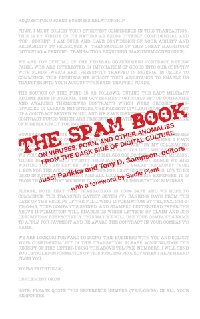 This sounds very promising:
This sounds very promising:
“For those of us increasingly reliant on email networks in our everyday social interactions, spam can be a pain; it can annoy; it can deceive; it can overload. Yet spam can also entertain and perplex us. This book is an aberration into the dark side of network culture. Instead of regurgitating stories of technological progress or over celebrating creative social media on the Internet, it filters contemporary culture through its anomalies. The book features theorists writing on spam, porn, censorship, and viruses. The evil side of media theory is exposed to theoretical interventions and innovative case studies that touch base with new media and Internet studies and the sociology of new network culture, as well as post-representational cultural theory.”
Authors are, among others, Sadie Plant, Matthew Fuller and Andrew Goffey. Get yours here, or if you happen to be in London, join the launch party.
Trust Exchange Research
Read all about the research on trust in online media on our background pages.
Don’t miss anything by following the Tag “trustex” on der-karl.com

